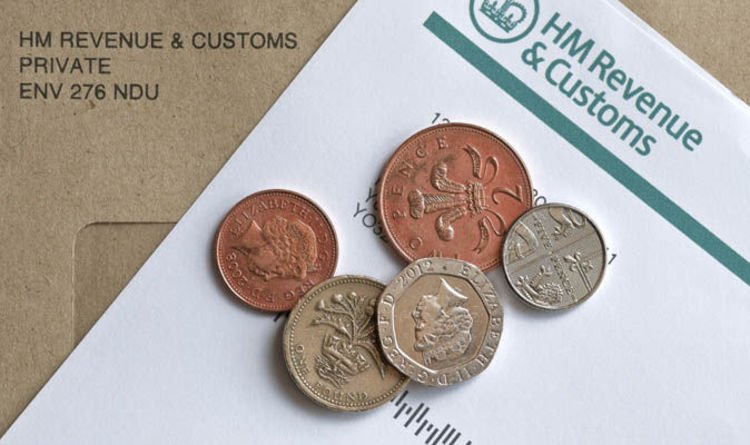Many savers may face unexpected tax on savings interest due to frozen tax thresholds. Learn about Personal Savings Allowance, Cash ISAs and other ways to reduce tax.
Recent reports indicate a growing number of savers may face unexpected tax bills on their savings interest due to frozen tax thresholds and rising interest rates. This article aims to clarify how savings interest is taxed and outline legal methods to potentially mitigate these taxes.
HMRC provides a Personal Savings Allowance (PSA) to individuals who earn income and pay income tax. This allowance dictates the amount of interest you can earn from your savings before tax is applied. The PSA amount varies depending on your total income: those earning less than £50,270 can earn up to £1,000 in savings interest tax-free, while those earning between £50,270 and £125,000 have a £500 tax-free allowance. For individuals earning above £125,000, all savings interest is taxable.
With many savings accounts currently offering around 5% interest, it’s easier than before to exceed the tax-free threshold, even with relatively modest savings. For example, someone earning between £12,000 and £50,000 might reach their £1,000 interest limit with around £20,000 in savings, while those in the £50,000 – £125,000 income bracket may breach their £500 limit with as little as £10,000. As a result, more than six million accounts are now estimated to exceed the personal savings allowance, a jump from 5.3 million accounts the previous year.
How is Savings Interest Taxed?
The way your savings interest is taxed depends on whether you normally file a self-assessment tax return with HMRC. Those who file self-assessment tax returns should declare the total interest earned within their return. For those with PAYE jobs, banks usually send the interest information to HMRC directly, who then adjust your tax code to collect any taxes owed. However, if your annual savings interest is below £10,000 you do not have to take any specific action.
Legal Methods to Avoid Tax on Savings
According to Martin Lewis, there are two legal methods to avoid or reduce tax on your savings interest: Cash ISAs and Premium Bonds.
Cash ISAs: A cash ISA (Individual Savings Account) is a savings account where the interest earned is not taxed. You can deposit up to £20,000 into a cash ISA each tax year, and once your money is within this wrapper, it is protected from tax. This allowance is separate from your personal savings allowance, providing an opportunity to save significantly without being taxed. The money inside a cash ISA does not count towards your PSA. For those who are able to fully utilize this allowance each tax year, this is an effective way to protect savings and compound gains tax-free over the long term.
Premium Bonds: The other method mentioned by Martin Lewis is Premium Bonds. Though the article does not elaborate on premium bonds, the key aspect is that winnings from these bonds are not subject to income tax or capital gains tax.
Increased Tax Burden: A recent analysis suggests an increase of 800,000 accounts may breach their personal savings allowance which translates to a potential increase in tax burden for many savers. Furthermore, many workers are facing higher rates of income tax due to the freeze on thresholds, increasing their vulnerability to a reduction in their overall savings via tax.
Conclusion
Navigating savings tax can be complex, and it’s crucial to be aware of your personal situation, especially regarding the thresholds of the Personal Savings Allowance. By utilizing tax-efficient methods such as Cash ISAs, you may effectively reduce your tax liability. Consulting a financial advisor may be helpful to ensure compliance with tax regulations.
Sources: https://www.express.co.uk/finance/personalfinance/2005412/martin-lewis-says-protect-yourself-tax-legal-methods
https://www.yorkpress.co.uk/news/24883401.martin-lewis-hmrc-deadline-savings-tax-interest-advice/
https://www.telegraph.co.uk/money/tax/800000-more-savers-hit-shock-tax-bills/
